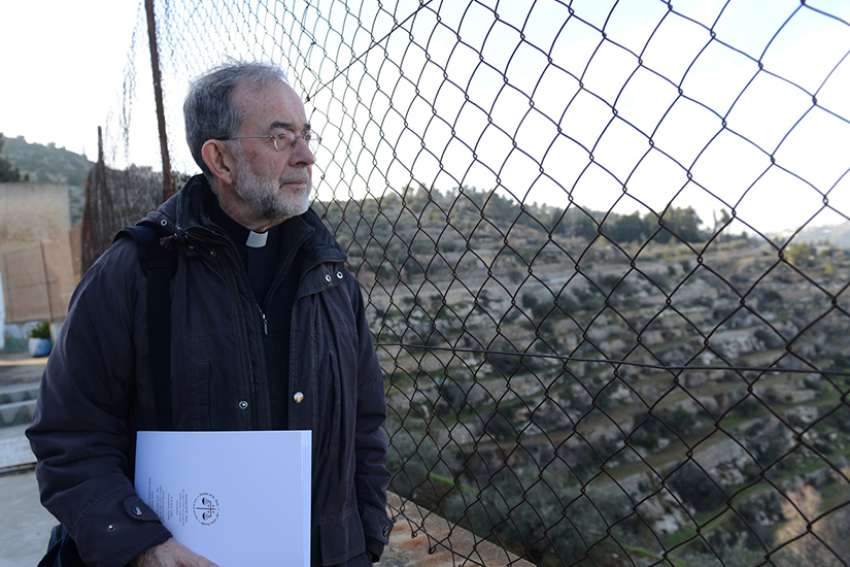In Canada, the celebration of Easter, which coincides with the emergence of spring, is always filled with a sense of new life. As we begin to throw off our winter coats and boots, the days are becoming longer, the sun is getting warmer and new life abounds in the budding trees and the plants that are emerging from the ground.
But what is this new life that fills us with Easter joy? It is in fact new life rooted in the profound understanding that by the death and resurrection of Christ we have been reconciled with God. Whatever might separate us from God has been removed, destroyed, and by this reconciliation, we have gained freedom from the darkness of sin and death. We are free, able to throw off that which binds us so as to immerse ourselves in the all-encompassing embrace of our loving God.
But new Easter life asks more of us. Easter reminds us that while we celebrate our reconciliation with God, we are called to be reconciled with our brothers and sisters, in our families, our parishes, in our communities and in our world. We are called to share our Easter joy by making peace with our neighbour.
Pope Francis, in a homily to the people in Villavicencio, Colombia, said, “Every effort at peace without a sincere commitment to reconciliation is destined to fail.” He also said, “Reconciliation means opening a door to every person who has experienced the tragic reality of conflict.”
Earlier this year, I was privileged to participate in the Holy Land Coordination with other bishops from around the world. We encountered many young people whose lives have been profoundly affected by a conflict which they have inherited in spite of themselves. In our conversations with them, it became abundantly clear that they desire a new way of relating with one another. This was evident in the many initiatives that youth are engaging in to promote dialogue and bring justice, peace and reconciliation into their lives and the communities in which they live.
A perfect example of this was the meeting of two young members of the Parents Family Circle. They told us about their experience of how, in the aftermath of the killing of a Palestinian girl by an Israeli and the death of an Israeli girl by a Palestinian suicide bomber, the parents of the two dead young people had chosen not to hate each other. In turn, they taught their children not to hate and these two young members became great friends, living examples of what we mean by seeking reconciliation even in the midst of profound tragedy and loss. These families understood the tragic result of conflict, responded with love and established the Parents Family Circle. This is what being reconciled means.
In Canada we are keenly aware of our call to reconciliation with Indigenous Peoples. We acknowledge the need for such reconciliation as a first step, and are seeking ways to bring this about through listening and dialogue in organizations such as the Guadalupe Circle and the Canadian Catholic Aboriginal Council. This process will take time and requires faith, sincerity of heart and commitment to lasting peace.
We live in a world that is too often marked by division. There is a readiness to vilify the “other” and to be suspicious of the “stranger.” We are called to recognize our common humanity, that we are all brothers and sisters created in the image of God.
Having been reconciled with God through the death and resurrection of Christ, we are called to seek reconciliation with others. This peace will be a mark of true Easter joy!


